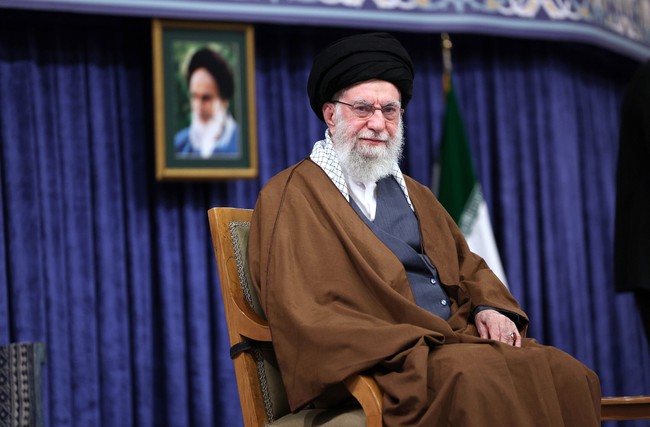Perhaps you’ve seen this silly quotation: “Modern man is in a terrible predicament. He is helplessly enamored with the beauty of what the old world built, yet despises the beliefs that inspired them to build it.” It’s usually acribed to author Jeremy Tate and paired with an image of a wonderful old building. Here are […]
Mike Masnick, writing for Techdirt:
Read that again. If West Virginia wins — if an actual court orders Apple to start scanning iCloud for CSAM — then every image flagged by those mandated scans becomes evidence obtained through a warrantless government search conducted without probable cause. The Fourth Amendment’s exclusionary rule means defense attorneys get to walk into court and demand that evidence be thrown out. And they’ll win that motion. It’s not even a particularly hard case to make.

The post How the SCOTUS Tariff Decision Helps Slow the Advance of Authoritarianism appeared first on New Ideal - Reason | Individualism | Capitalism.

Download video: https://www.youtube.com/embed/bmnux6MriXE
Download audio: https://media.blubrry.com/new_ideal_ari/content.blubrry.com/new_ideal_ari/SCOTUS_Tariff_Case.mp3
Next Page of Stories



